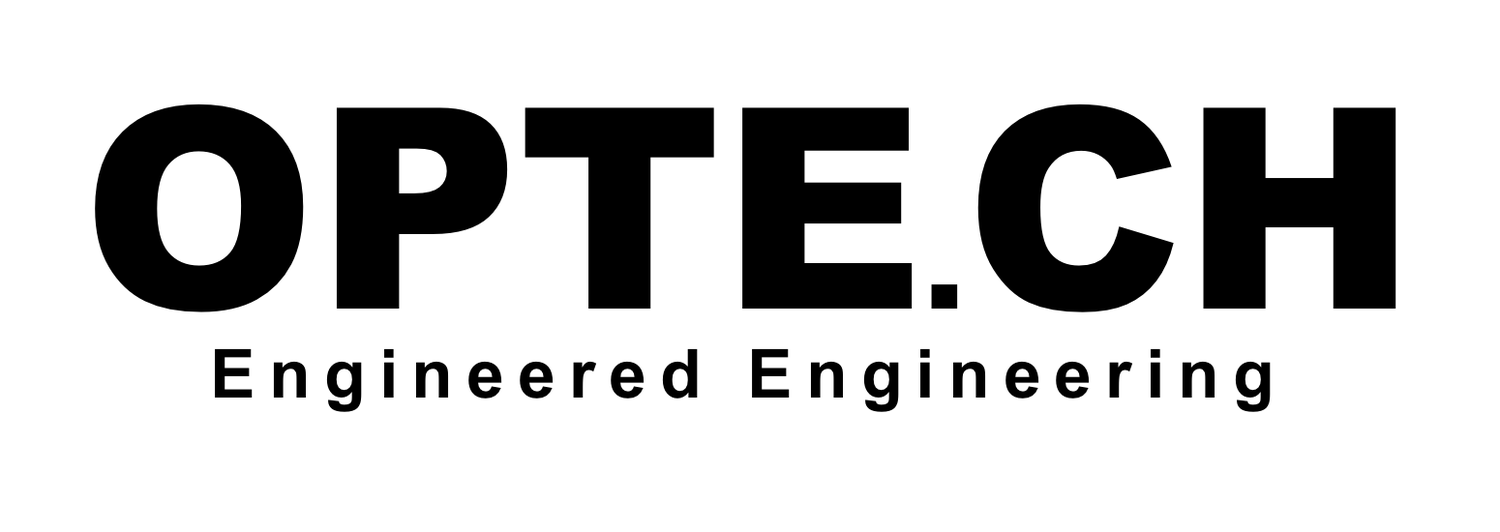IBM is doing a poor job of caveating their statements here. If they don't intend to caveat them, then I'm going to call BS to some degree. IBM's 5 year plan outlines 5 ways in which technology will progress... here's why I say they're embellishing:
- "The classroom will learn you." Essentially a smarter classroom with a per-child custom tailored education. This will exist on some level, likely a beta trial at a few schools. In reality schools are either under funded or misappropriate their funds so badly that there is little to no hope for funding the massive infrastructure build-out that would be required to host this. Even schools in middle to upper-middle class areas aren't in a position to make this happen (and certainly won't be in 5 years).
- "Buying local will beat online." I'm not sure "beat" is a great word to use, but I think there will be a new retail wave that comes soon thanks to a blend of technology and the irreplaceable human connection. Things like iBeacon are going to play a major role here. You'll see a revitalization for any store that embraces this next generation of shopping experience, but "beating" online retail implies a monetary savings to customers and I just don't see it. Side note: until we're all wearing Google Glass, augmented reality is a pretty gimmicky toy. Not that it won't be a key technology one day, but I'm not holding my breath on the next 5 years.
- "Doctors will use your DNA to keep you well." You will likely see this in high dollar medical situations, but your average American's day-to-day checkup costs certainly won't cover it.
- "A digital guardian will protect you online." The best protection is to be smart. With that being said, if someone wants your information, they can get your information. Nothing is unhackable. I hope this time around there is more care put into the software than the days of old where virus protection brought even a super computer to its knees.
- "The city will help you live in it." The idea of sentient cities is an interesting one, but with some major issues, two primary ones come to mind. Privacy is the first, infrastructure is the second. To be sentient, the city must know a remarkable amount of information about you, people aren't going to like that. Furthermore, people definitely aren't going to approve the budgets that propose buying the (extremely expensive) infrastructure to make it possible. The private sector will do what they can here, but they cannot put physical objects in public space, so they're limited to satellites, your cell phone, your mobile technology, etc. Oh yeah, did I mention privacy?
IBM is doing a job of getting a lot of clicks and eyes on this, as they do every year. I genuinely believe they do it to inspire technology growth and not for the click counts that a lot of tech blogging has been reduced to these days. Here's to the next 5 years.

